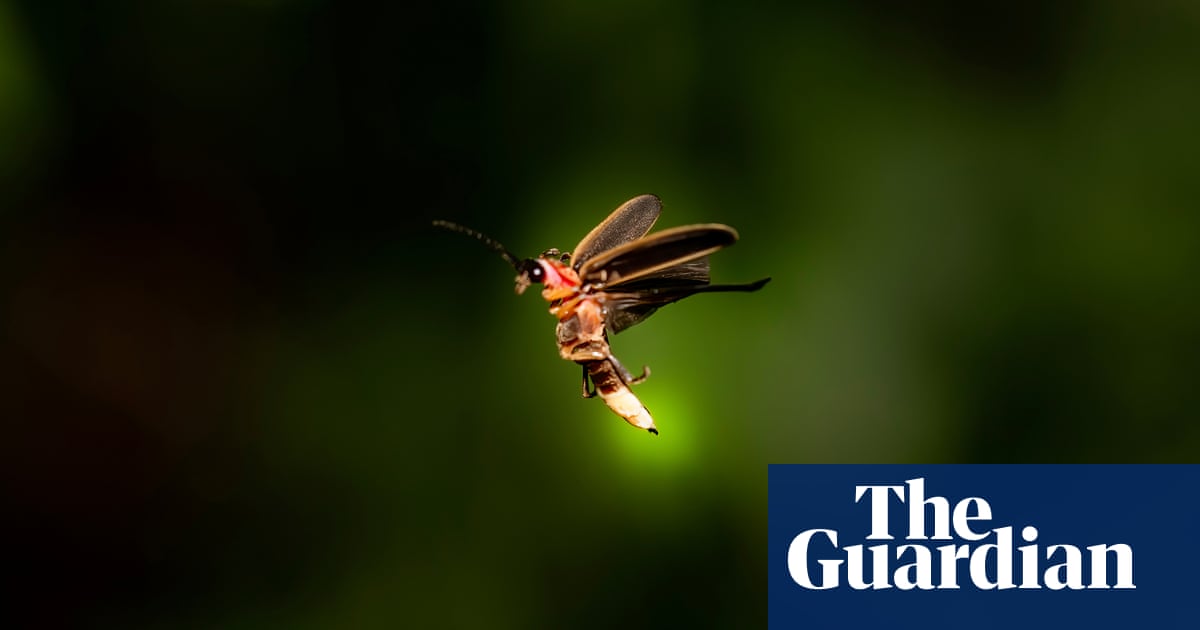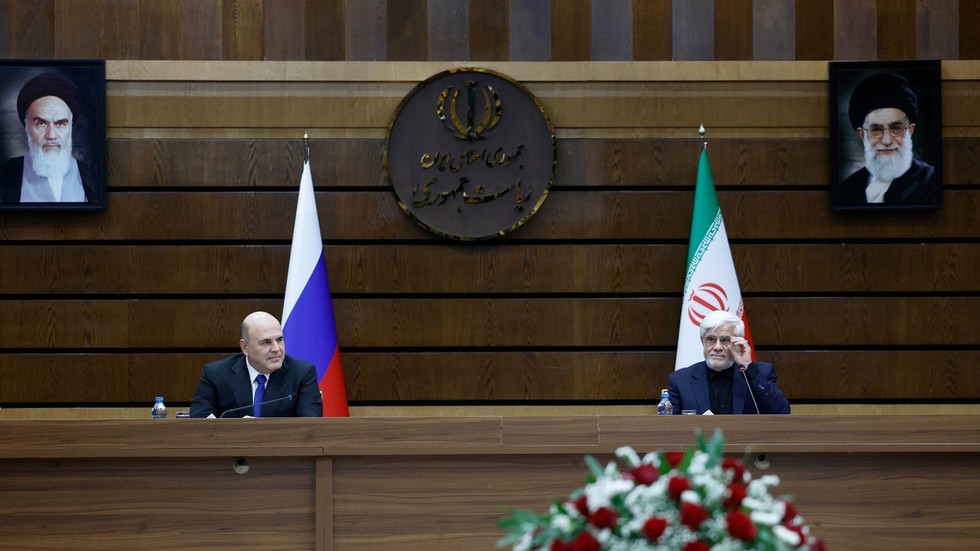Queenslanders will go to the polls on 26 October. Here’s five things you should know.
Is Labor’s hold on Queensland slipping?
It’s often said that Queensland is Australia’s most conservative state. But Labor has won 11 of the last 12 Queensland elections and has been in power in the Sunshine state for almost a decade.
Annastacia Palaszczuk won three elections and was an incredibly popular premier – especially during the first years of the pandemic – but voters had started to turn on Labor before Palaszczuk retired last year.
The new premier, Steven Miles, has had just 10 months to turn things around.
Labor has cut public transport fares, car rego and power bills. It has also taken risks, including backing out of plans to build new stadiums for the 2032 Olympics.
A big question for Labor is whether voters who had turned on Palaszczuk will believe the government is now refreshed and under new management. Or if Labor’s gaudy signs promising discounts galore look more like a “going out of business” sale.
What are the big issues?
The opposition leader, David Crisafulli, has focused his campaign on law and order. He says there is a “youth crime crisis” in Queensland, even though the data suggests juvenile offending is at near-record lows.
Regardless, media reporting and political debate have reached a point where the perception of a crisis – backed up by data or not – has taken hold.
Recent comments to Guardian Australia by the premier, Steven Miles – that television news was “addicted to CCTV footage of crime” – have featured in LNP attack ads on social media.
The conservative party is promising to introduce “adult time” for young people in the justice system, even though experts have warned the policy risks making matters worse.
On almost everything else, the LNP has been vague about its plans, or simply tried to neutralise the issue by adopting Labor’s policies. Cheap public transport fares will stay. Crisafulli has even promised to honour Labor’s budget over the next four years.
Labor has been critical of the LNP’s “small target” strategy. But at the same time Labor has tried the same tactic to try to neutralise anger about crime – adopting several of the LNP’s key policies over the last few years. Under Labor, Queensland locks up record numbers of children.
What do the polls say?
Every poll since last year has shown the LNP is on track for a big win on 26 October.
The opposition needs to win 12 seats for a majority, and most pollsters predict a swing to the LNP that would likely mean at least 20 seats – possibly more – are on track to change hands.
There have been some positive signs for Labor, particularly in the Brisbane suburbs where 50c public transport fares are popular.
But the biggest problem for the government is that Labor’s primary vote is very low across the state. Even the most optimistic polls show Labor polling at or below 30% on primaries.
Labor’s vote has only been that low once since the 1950s. And at that election, in 2012, the party won only seven seats.
Will the minor parties have a say?
The Greens and Katter’s Australian party have each built a strong foothold in Queensland in recent years.
KAP has become the dominant conservative force in north Queensland. The party now holds four seats and will mount strong campaigns in two more.
The Greens dominate the political landscape in large parts of inner Brisbane, where they hold three federal seats, two state seats and a couple of council wards. The party’s field campaigns now spread beyond progressive inner-city areas to middle suburbs where there are high numbers of renters. They are targeting potential wins in six seats.
Elsewhere, One Nation always polls strongly in Queensland, but experts say the party will struggle to win a seat. Pauline Hanson’s protege, James Ashby, is running for One Nation in the seat of Keppel.
Why is Queensland so difficult to predict?
Queensland is mainland Australia’s most decentralised state, the only place where most people live outside the capital.
There are some very conservative electorates and also some of the country’s most progressive pockets. Sometimes neighbouring seats swing in opposite directions.
The “Queensland paradox” for major parties is navigating sometimes fraught issues – including crime and climate change – from Townsville to Toowong and Mount Isa to Mount Ommaney, where voters often want different, contradictory things.
Queenslanders also have a tendency to spray votes around from poll to poll. While Labor has dominated state politics for more than three decades, the Coalition has been the dominant force at federal elections. Labor has a stronghold in Brisbane, where the LNP holds just four seats. At council level, the LNP has held the lord mayoralty for more than 20 years.
Ultimately, the election battle in the city will be about whether the LNP can win by a landslide, or whether Labor can save some of the furniture, including MPs viewed as potential future leaders, whose seats are under threat.
The places that will determine who forms the next government are in the regions, where polls suggest anti-government sentiment has become baked in. Expect the leaders to spend plenty of time in Cairns and Townsville, especially early in the campaign.

 By The Guardian (World News) | Created at 2024-09-30 15:05:17 | Updated at 2024-09-30 21:27:12
6 hours ago
By The Guardian (World News) | Created at 2024-09-30 15:05:17 | Updated at 2024-09-30 21:27:12
6 hours ago



